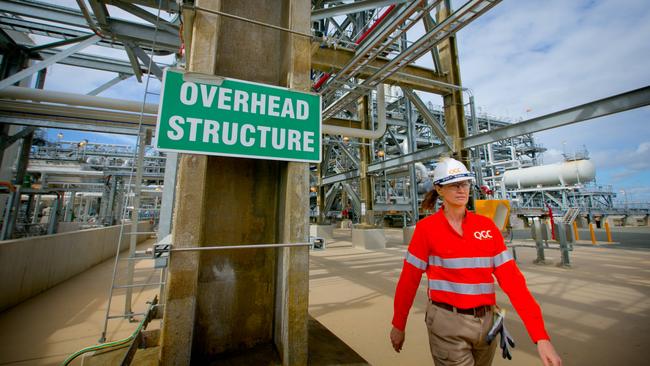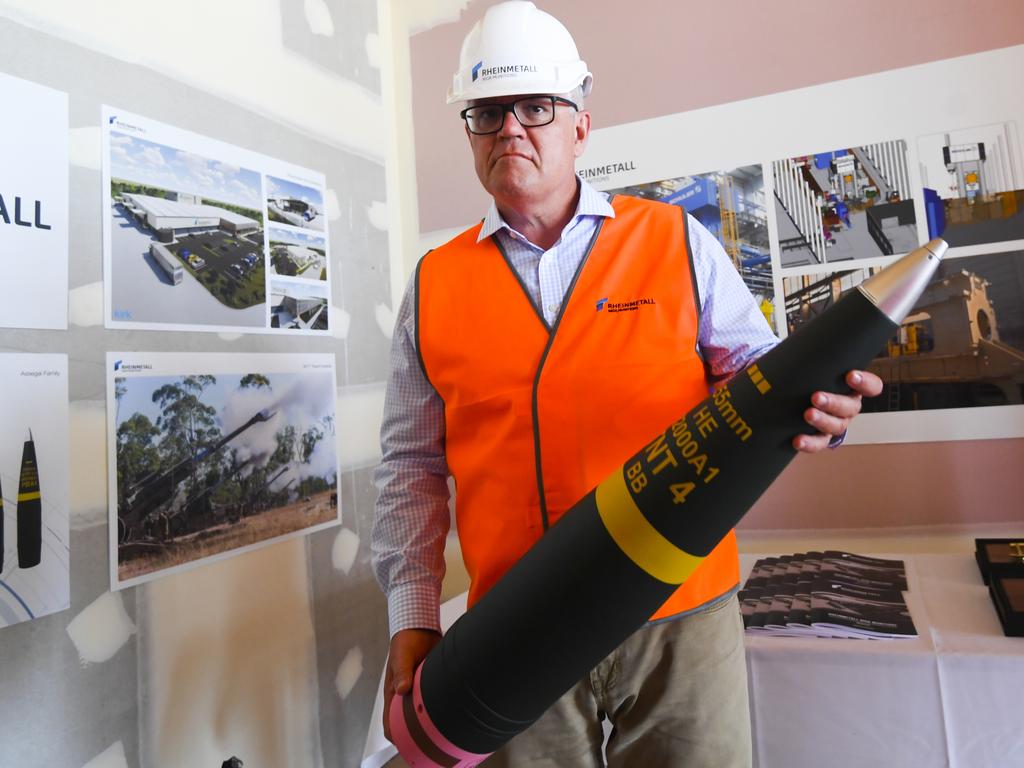Australia needs a transparent system of pricing gas

The review is a vital element in the federal government’s gas-fired recovery plans announced last September, which saw LNG gas exporters agree in January to make excess gas available to the domestic market.
The ACCC review of the “LNG netback price series” is likely to become the basis for the price range that export gas is offered at locally — thereby providing globally competitive pricing to the domestic gas market.
Australia has become the world’s largest exporter of natural gas. The east coast of Australia exports three to four times more gas than it uses. But east coast gas prices have grown exponentially in the past few years and are now more than double those in Western Australia, where a domestic gas reservation policy is in place.
In a competitive market, Australian manufacturers, small businesses and households should be able to secure local gas at globally competitive pricing. Instead, today’s domestic market is characterised by a limited number of suppliers offering gas at prices that are not transparent or globally competitive. The east coast has an abundance of gas and this is a strategic opportunity to grow our domestic economy, increase the number of people employed in highly skilled jobs and continue to position Australia as a diversified economy.
Conversely, an unreformed domestic gas market risks exporting jobs overseas and putting vital supply chains at risk.
To fix the east coast domestic gas market, greater transparency in both supply and pricing is needed, and the local market needs a price marker — a domestic reference price.
A domestic reference price will ensure a level playing field between gas producers and customers. The ACCC’s work will be vital to price discovery and guidance for the gas offered at the Wallumbilla gas hub near Roma in Queensland, managed by the Australian Energy Market operator (AEMO).
The ACCC has done a great deal of work on export parity pricing and local gas production costs.
As the ACCC acknowledges, a review is timely given both the significant competition Australian LNG faces from the Middle East and the US (which now exports more than 40 per cent of its LNG to Asia) and their findings about gas supplier strategies in the east coast gas market.
The ACCC’s export parity pricing work will form a critical element in a new gas industry code of conduct being developed by a united group of four industry associations, representing the breadth and depth of gas customers, and the Australian Petroleum Production & Exploration Association (APPEA), representing the oil and gas producers.
The process has been under way for nearly four months and gas customers — including us at Incitec Pivot — are patiently awaiting an outcome that can help deliver greater certainty for the manufacturing sector. This is crucial to determining the current and future industry investments in Australia. The code needs a pricing methodology that ensures fairness to local gas consumers through the principle that the profit per gigajoule of gas sold domestically does not exceed that achieved by selling overseas.
A domestic gas reference price is not about dictating a price, setting a floor, or a cap. As it implies, it would rise and fall with international gas markets.
The key will be transitioning the ACCC gas price series from a fortnightly calculation to a 24/7 market-based outcome linked to international price trends.
This would allow market buyers, users and traders to develop short and long-dated trading and hedging products as is normal throughout much of the world. The Australian market needs its own domestic gas marker aligned to existing global gas reference pricing, the most effective of which is Henry Hub, in Louisiana, USA.
Of course, the calculation needs to make the appropriate adjustments to translate this into the equivalent Australian price by accounting for LNG shipping costs and other local LNG capital and gas pipeline delivery costs.
Using Henry Hub-based pricing will ensure Australia competes based on international pricing, both in natural gas production and Australian manufacturing.
Australia’s gas industry has nothing to fear from a local gas price better aligned to global price trends. The globally integrated LNG producers already use the Henry Hub to trade and balance their portfolios, much like many airlines buy, trade and hedge jet fuel against another US reference price, the West Texas Intermediate oil price.
The ACCC netback calculation can also be improved by considering the LNG cost structure, including longer-term capital costs. Both the LNG and the manufacturing industries are long-term, capital-intensive industries so the gas reference price should take that reality into account, not just short-term marginal costs as the current methodology does.
Local gas users shouldn’t subsidise LNG capital or fixed costs they neither use nor need.
An internationally competitive domestic gas price is essential to building and positioning Australia’s $100bn manufacturing sector for the future and securing the thousands of jobs that rely on gas.
It is the glue in the federal government’s gas-fired recovery and will ensure Australian gas is offered at a fair price here at home. And it offers a Team Australia approach to ensuring a growing and prosperous country.
Jeanne Johns is managing director & CEO of Incitec Pivot, Australia’s largest east coast gas user.





It may not grab the public’s attention as much as its work tackling the dominance of Google and Facebook, but the ACCC’s review of gas pricing, launched last week, can make a fundamental difference to the four million Australian homes that use gas and the local manufacturing jobs and industries that rely on natural gas.